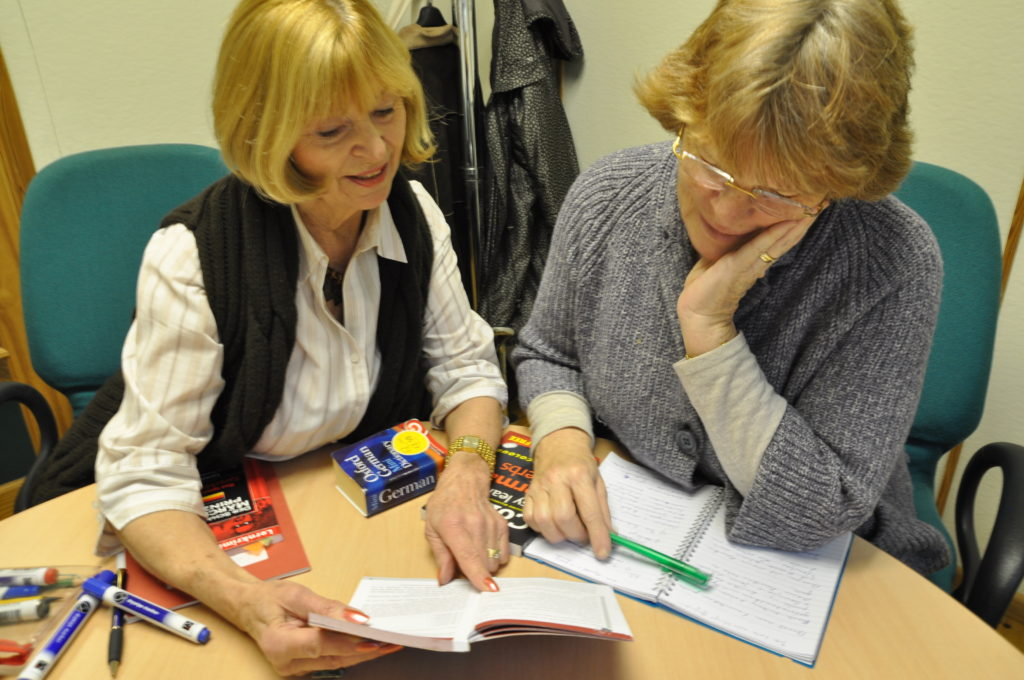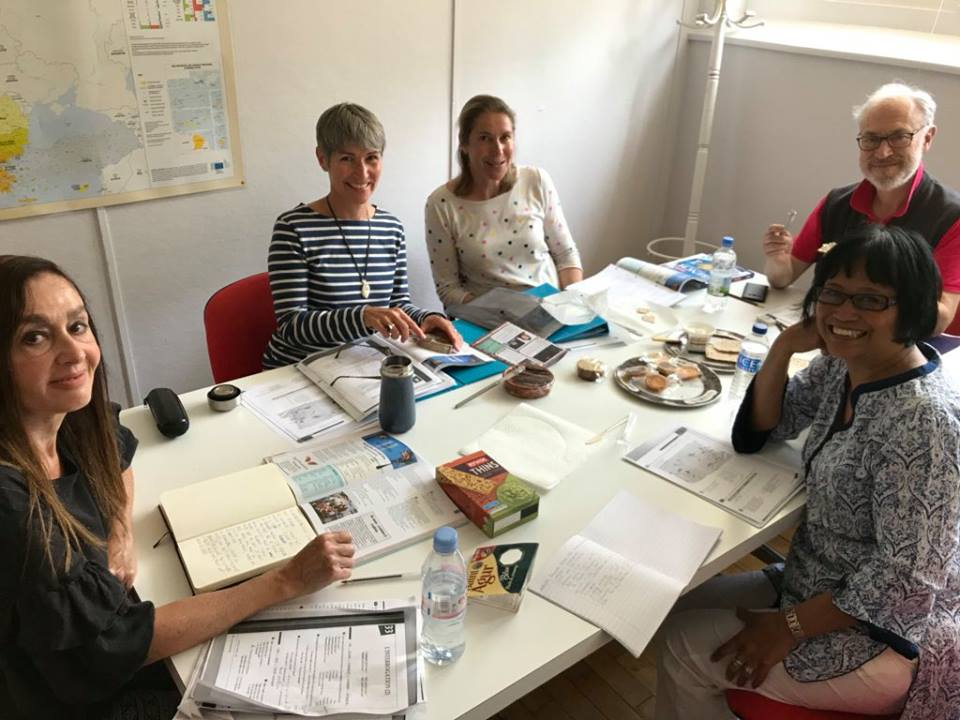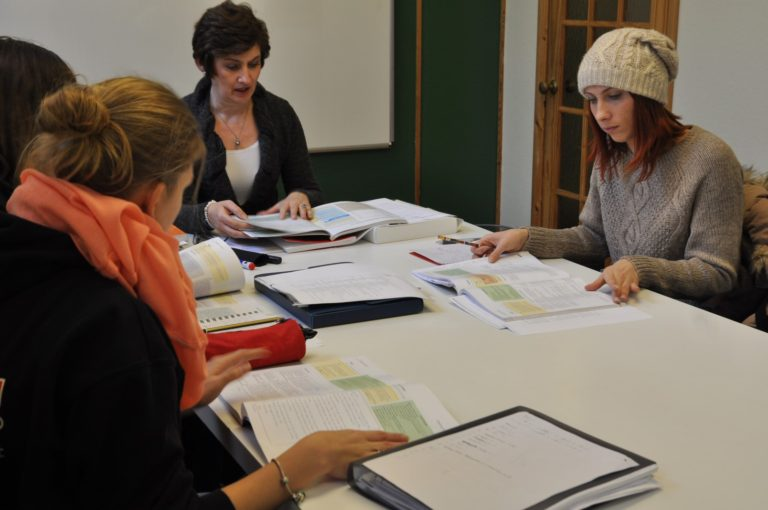There is a common belief that language learning becomes impossible with age due to brain plasticity decreasing in the later years. In other words, adults learn slower.
However, if you look further into the subject you will find yourself pleasantly surprised.

Adult learners have strong advantages over children that put them in an excellent position to speak another language
Advantage: You already speak one language fluently
Firstly, you already speak your mother tongue well in comparison to a child. In your adult life, you have encountered complex texts and have had to express yourself to a much higher standard. You have a better understanding of reading, speaking and understanding. This would serve as a foundation on which you can compare a foreign language to. When you learn a new word you would already know the English equivalent and when and where to use it. This prior knowledge means you are building your language rather than a first-time discovery.











 From what we’ve learned in 28 years of teaching, these are the top ten reasons to love learning a language:
From what we’ve learned in 28 years of teaching, these are the top ten reasons to love learning a language:

 Chatting to locals can be one of the most rewarding and enriching parts of travelling, giving you the chance to learn about a new culture and lifestyle and really get a feel for a different country. It can provide a wonderful mixture of practical advice and cultural insight and an experience you’ll remember for years to come.
Chatting to locals can be one of the most rewarding and enriching parts of travelling, giving you the chance to learn about a new culture and lifestyle and really get a feel for a different country. It can provide a wonderful mixture of practical advice and cultural insight and an experience you’ll remember for years to come. Hands up if you started the year with a flurry of new year’s resolutions and career goals.
Hands up if you started the year with a flurry of new year’s resolutions and career goals.
 Past studies suggest that our young people are lagging far behind their European peers, with many unable to understand more than basic words or phrases and new research confirms that two-thirds of adults (67%) surveyed said that the UK does not encourage enough young people to learn other languages and 63% said schools should dedicate more time to foreign languages.
Past studies suggest that our young people are lagging far behind their European peers, with many unable to understand more than basic words or phrases and new research confirms that two-thirds of adults (67%) surveyed said that the UK does not encourage enough young people to learn other languages and 63% said schools should dedicate more time to foreign languages.